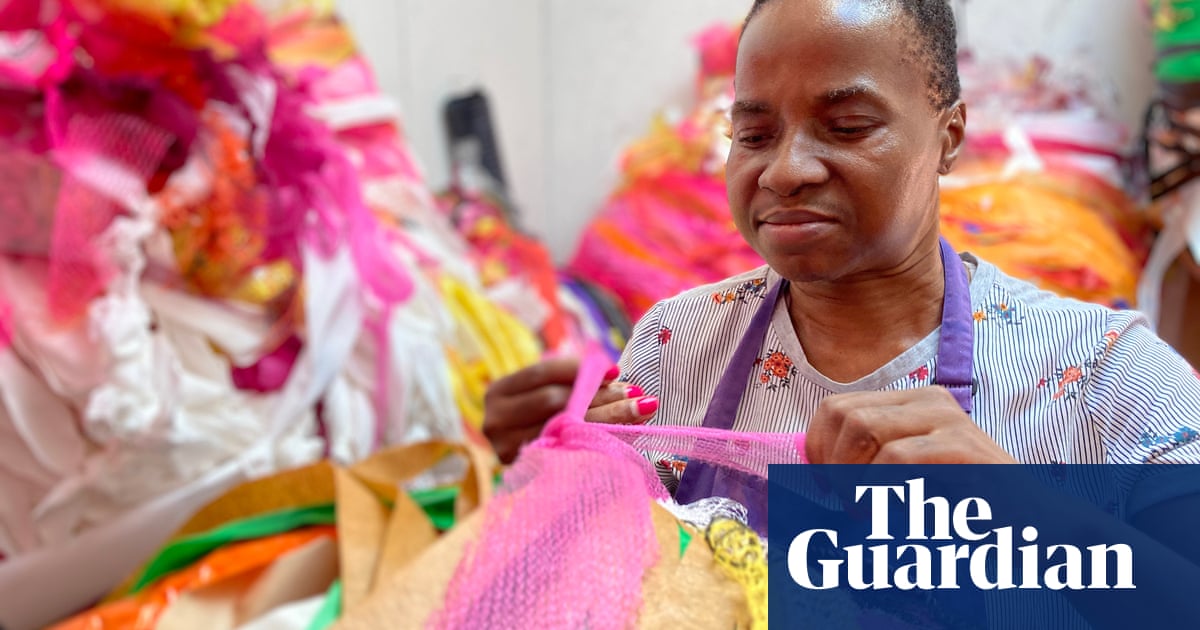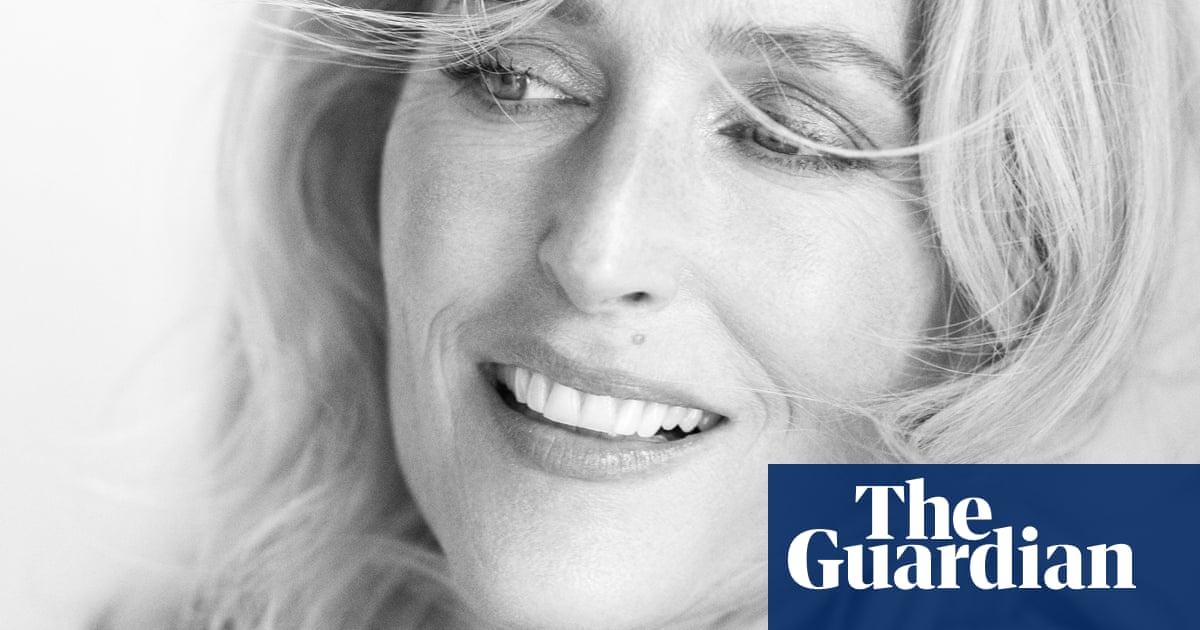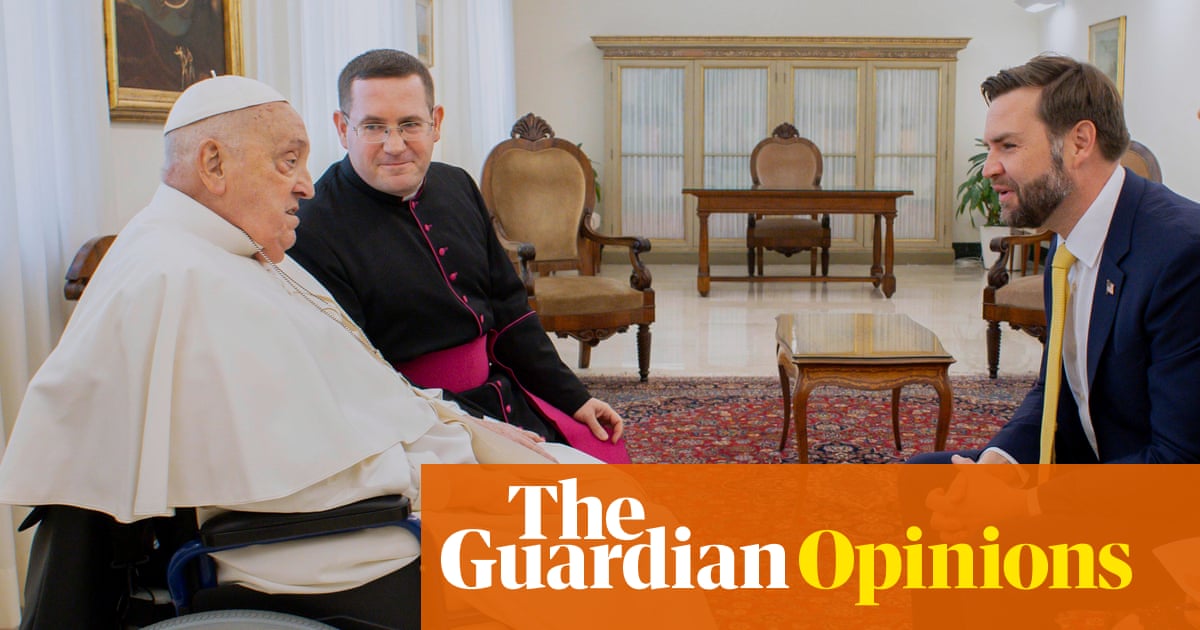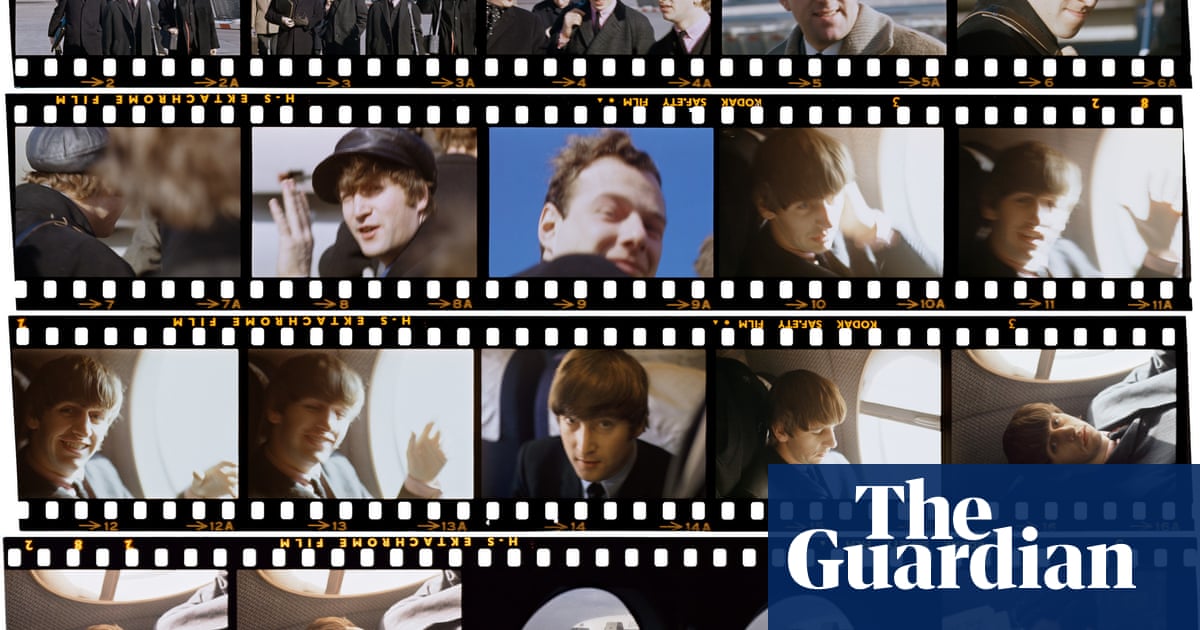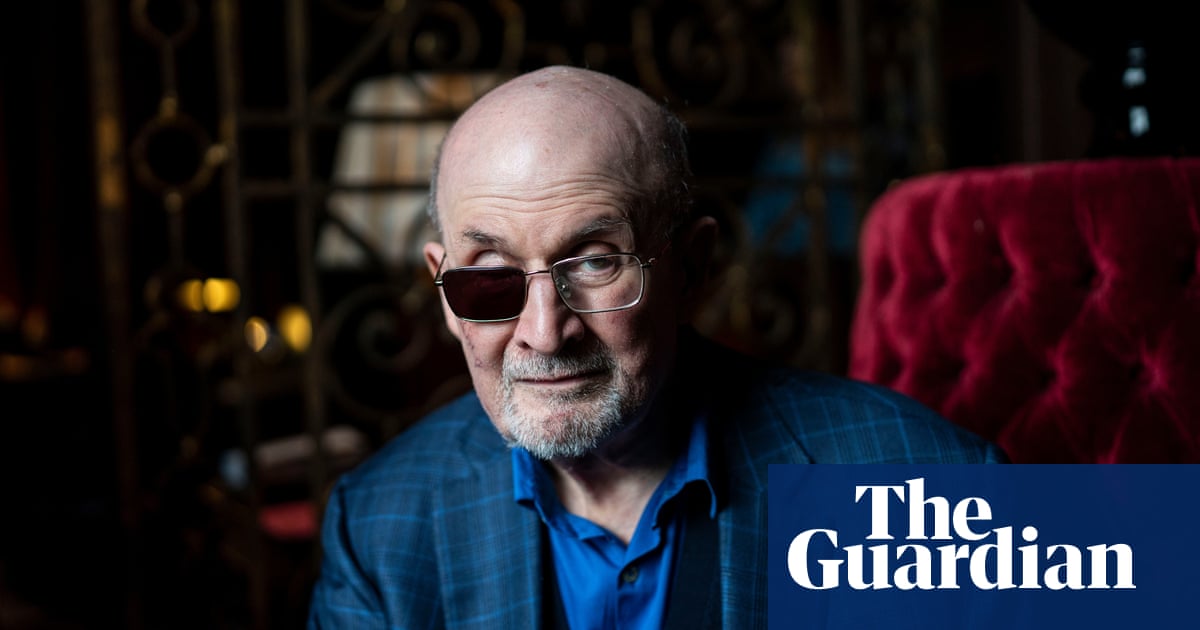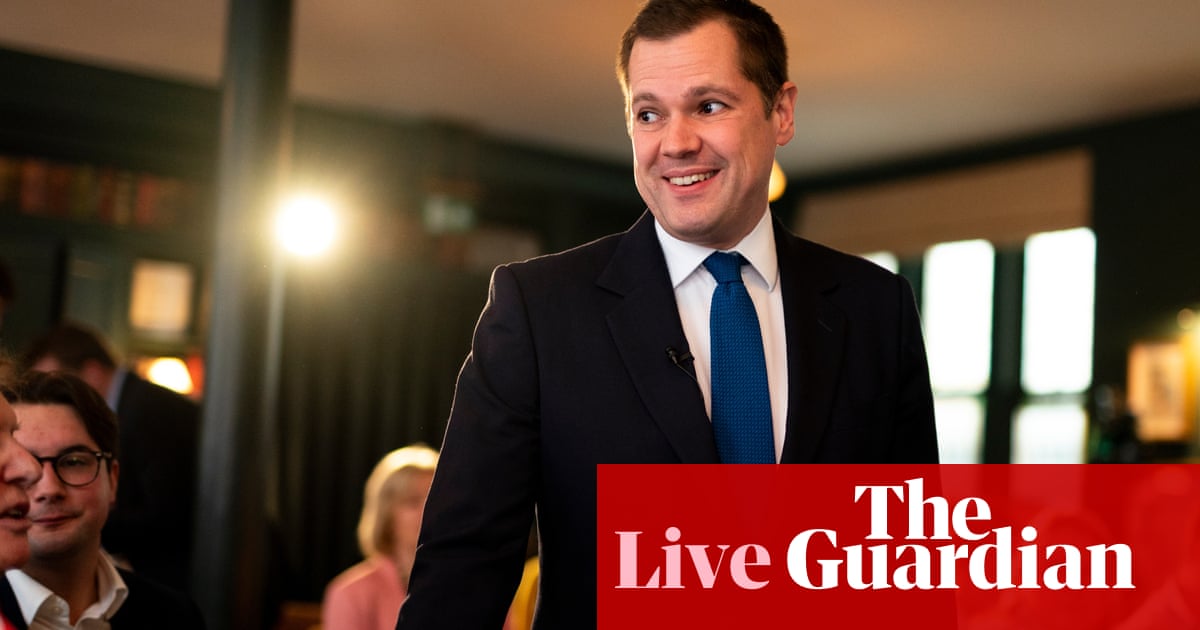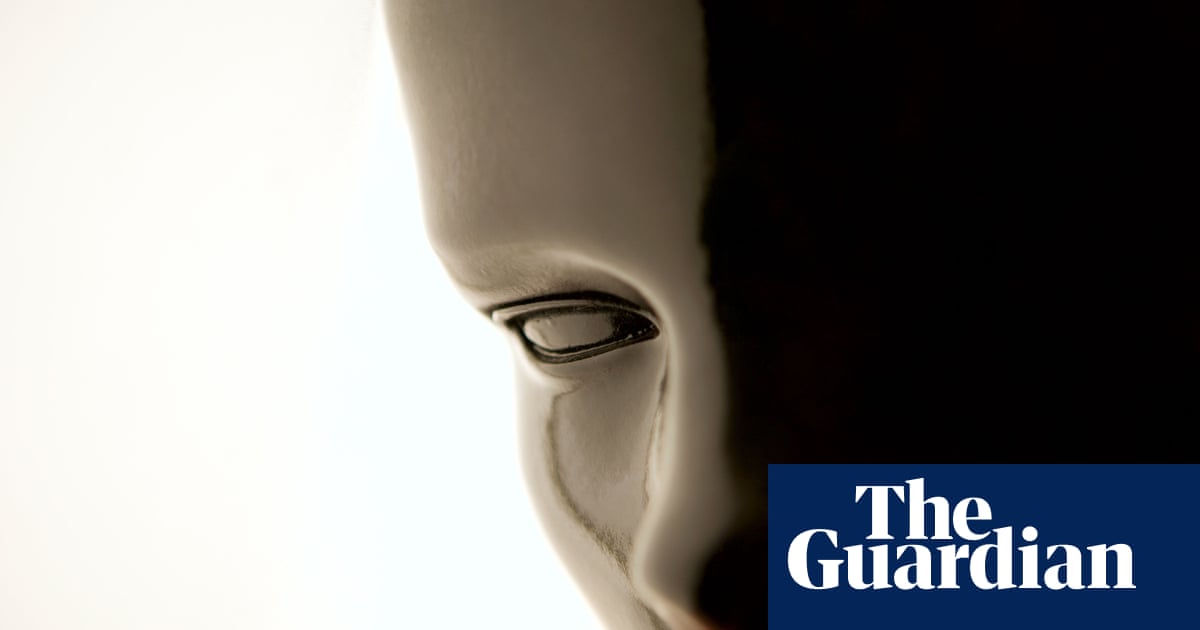The luminaries are incandescent. The unions are on the warpath. Dame Judi Dench has been activated. The BBC broke with broadcasting tradition last month, axing the last remaining drama slot on Radio 3.
The Beeb has broadcast original audio drama since Christmas 1922; since then, its radio departments have nurtured the careers of writers from Tom Stoppard to Benjamin Zephaniah. Successive cuts in recent years had already left long-form drama siloed in Radio 3’s 90-minute slot at 8pm on Sundays, Drama on 3. Now that slot has been canned for good.
This stings, not only for radio fans but because BBC radio drama has underpinned a century of creativity in theatre and the wider arts. That legacy was built on both its generosity to the wider sector and its willingness to kick against the establishment from within.
Take the career of BBC radio producer John Tydeman. In 1963, he discovered a playwright called Joe Orton, who had written a script while in jail on the charge of defacing library books with his lover Kenneth Halliwell. (The custodial sentence, Orton always insisted, was “because we were queers”.) Tydeman coached Orton as a BBC writer and also set him up with a theatrical agent, enabling his breakthrough stage production, Entertaining Mr Sloane, which established Orton’s name before his radio play, The Ruffian on the Stair, produced by Tydeman, was even broadcast.
No wonder the thesps feel that a legacy is at risk here. Equity, the Society of Authors and the Writers Guild of Great Britain are among those marshalling petitions against the move: signatories include Dench, Meera Syal and Bill Nighy. Yet we have been here before. Protests against the BBC “dumbing down” are perennial. In 1957, in the days of Radio 3’s precursor, the Third Programme, TS Eliot, Laurence Olivier and John Gielgud held a fundraiser at the Royal Court theatre to object to rumoured drama cuts, most of which turned out to be wildly exaggerated.
Look closer, and there is a logic in the BBC’s changes, in a national institution struggling for continuing relevance. The demise of Drama on 3 has not come in a vacuum. For some time, the BBC has been quietly shifting its spoken word output from Radio 3 to Radio 4.
In 2021, Radio 3 lost the bulk of its arts programming, the greatest casualty being Saturday Review. Outcry followed, as today. Yet Radio 4’s arts coverage was commensurately bulked up, with the addition of new shows This Cultural Life and Screenshot. Radio 4’s highest-profile arts offering, Front Row, has gained 30 minutes a week and a weekly slot focused on Scottish arts. Meanwhile, Radio 3’s forthcoming programming, notably a 40-part series on modernism in music, shows a commitment to classical but no sign of dumbing down.
What lies behind this shift, I am told, is the director general Tim Davie’s obsession with “brand purity”. Gone is the magazine mix of Radio 3, with its mandate to balance highbrow speech programming with highbrow music; we are moving instead to the “clarity” of a Radio 3 dedicated to classical and jazz music, and a Radio 4 dedicated to speech. Speech programmes that enhance Radio 3’s “music brand”, such as Music Matters, will stay. Two other intellectual panel programmes, Free Thinking and The Verb, have already made the move from Radio 3 to Radio 4.
For audiences, this signals the end of individual radio channels – “linear networks” – that could be trusted to guide the listener through the day with wide-ranging genres on a single channel. For older generations, raised to stick their analogue radio switch on a favourite channel from morn to night, this will be a shock.
But the world of the podcast has already created a new era of selective listening. If Radio 3 is transformed into an exclusively music station, it is because one day it may not be a live radio station at all. It will be a themed “content hub” from which we select whichever music programme suits our mood. This is not the apocalypse but the reality of change.
Where does this leave the legacy of audio drama at the BBC? Stripped of the security of the 90-minute format, for sure. The BBC is eager to reassure us that audio drama continues on Radio 4: as yet, however, it offers only drama slots of 45 and (sometimes) 60 minutes.
after newsletter promotion
Over at The Stage, the critic David Benedict recently bemoaned such lengths as unfit for drama. “Forty-five minutes of drama is a horribly unsatisfying length,” he writes, “like a book too long to be a short story, but not long enough to be a novel.”
It is not entirely fair to dismiss the dramatic potential of shorter BBC formats. Four of the six nominees for best original single drama at this year’s BBC Audio Drama Awards are successful experiments in the 45-minute length. But Benedict is right that the death of the 90-minute BBC radio play would definitively break the relationship between BBC radio and British theatre. Ninety minutes of radio drama is practice for 90 minutes of theatre, the basic format of the British stage show.
If the 90-minute audio drama is dying, however, it is not the BBC alone that has killed it. Audio drama is thriving on streaming services, but largely in episodic formats. The pandemic exposed a worldwide appetite for audio entertainment, but industry experts complain that this same popularity led to a mass buyout of independent producers by the corporate players. Audible is almost unchallenged in the UK; Wondery and iHeartRadio offer some competition in the US. When they do invest in radio drama, they favour sci-fi, thrillers and adaptations of existing intellectual property.
In an era of new formats, digital competitors and ever more selective audiences, the BBC must restructure its future as best it can. Yet no competitor is offering alternative investment in 90-minute drama. The BBC says it is actively “exploring” ways to compensate for the loss of Drama on 3, both on Radio 4 and BBC Sounds. Unions have two options. They can work with the BBC to make that happen; or they can prepare, like artists throughout history, to accept the challenge of new genres, new formats and new masters.

.png) 2 months ago
19
2 months ago
19
